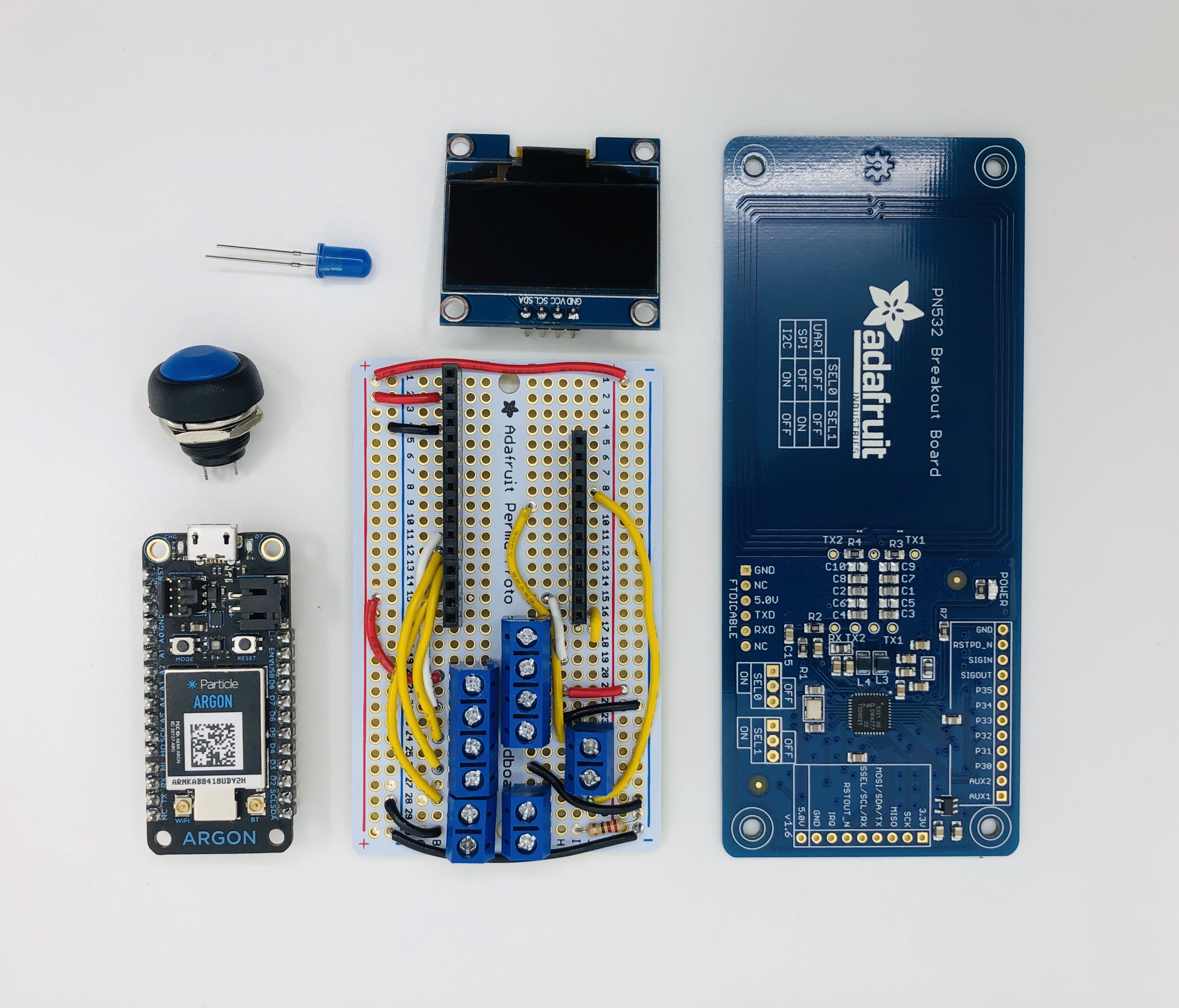Building on design research outcomes from the NSF Smart Maker Project, we developed a framework for hybrid documentation -- the coupling of a physical object to online digital content like a blog-post, portfolio, instructable or brief surveys -- that uses NFC-tags.
This research project explores a design research process towards a novel learning technology to improve instructional documentation in makerspaces. At the core of the concept was the need to enable proximity-based interactions with a wide variety of tools, materials and components that were of an array of shapes, sizes, arrangements, etc. We identified and adopted NFC tags as a low-cost, easy-to-use and scalable mechanism to enable this. By using NFC, in our scenario a learner would tap their phone on a soldering iron, for example, to reveal step-by-step guides curated by their instructor, prompts on past students experiences with the device and the opportunity for students to contribute and evolve the documentation. This is designed to make learning guides ready-at-hand and contextually relevant to a student’s activities.


